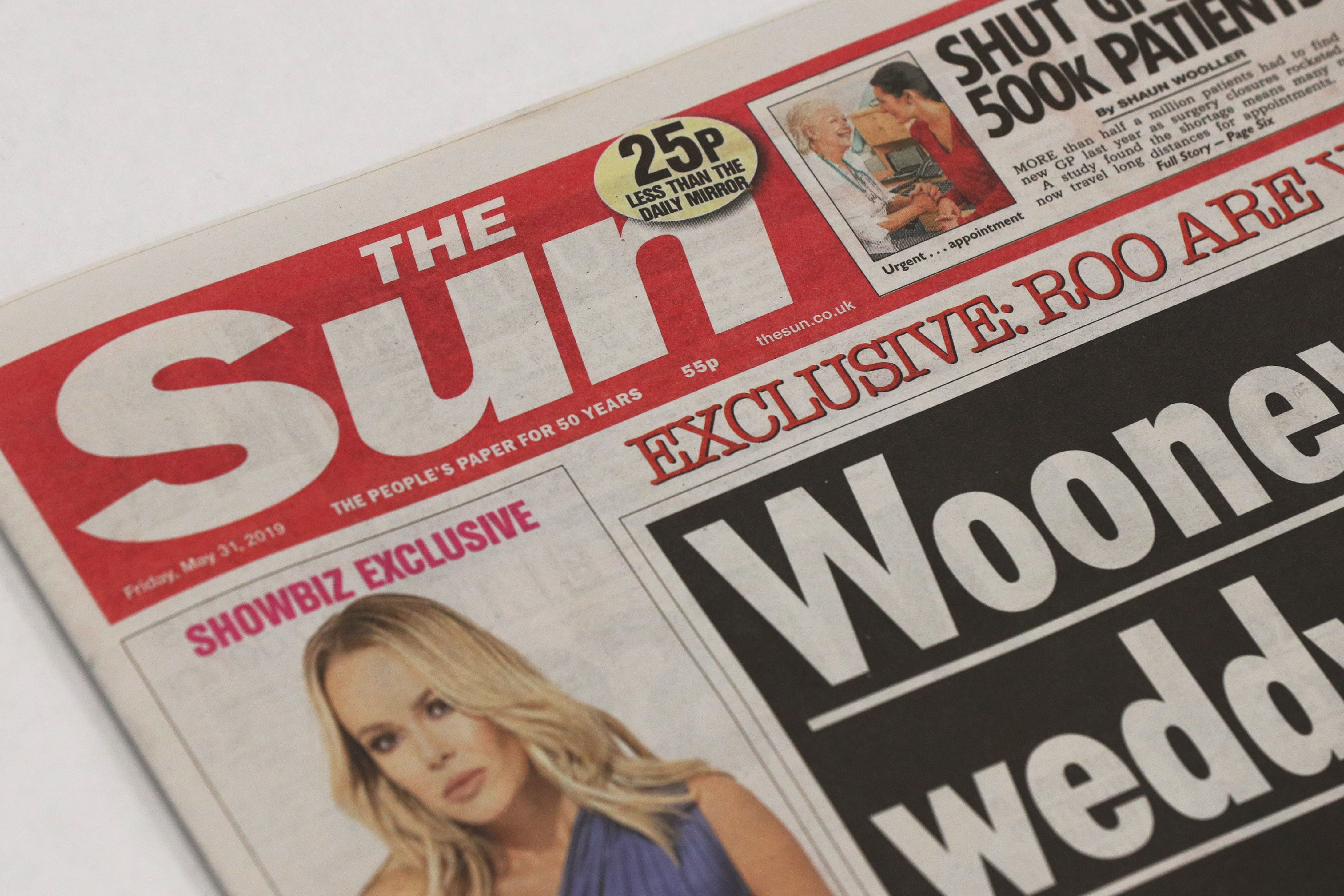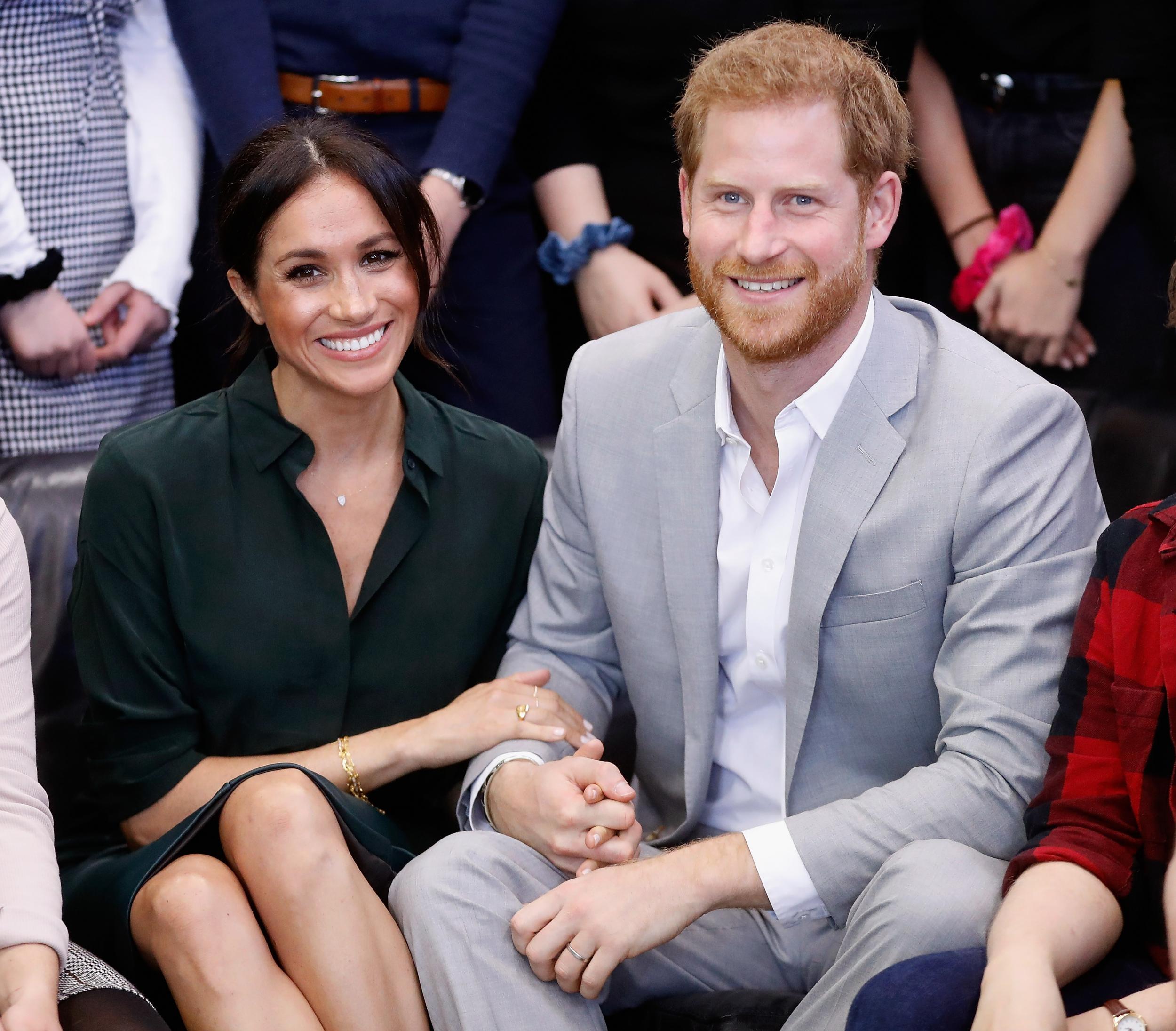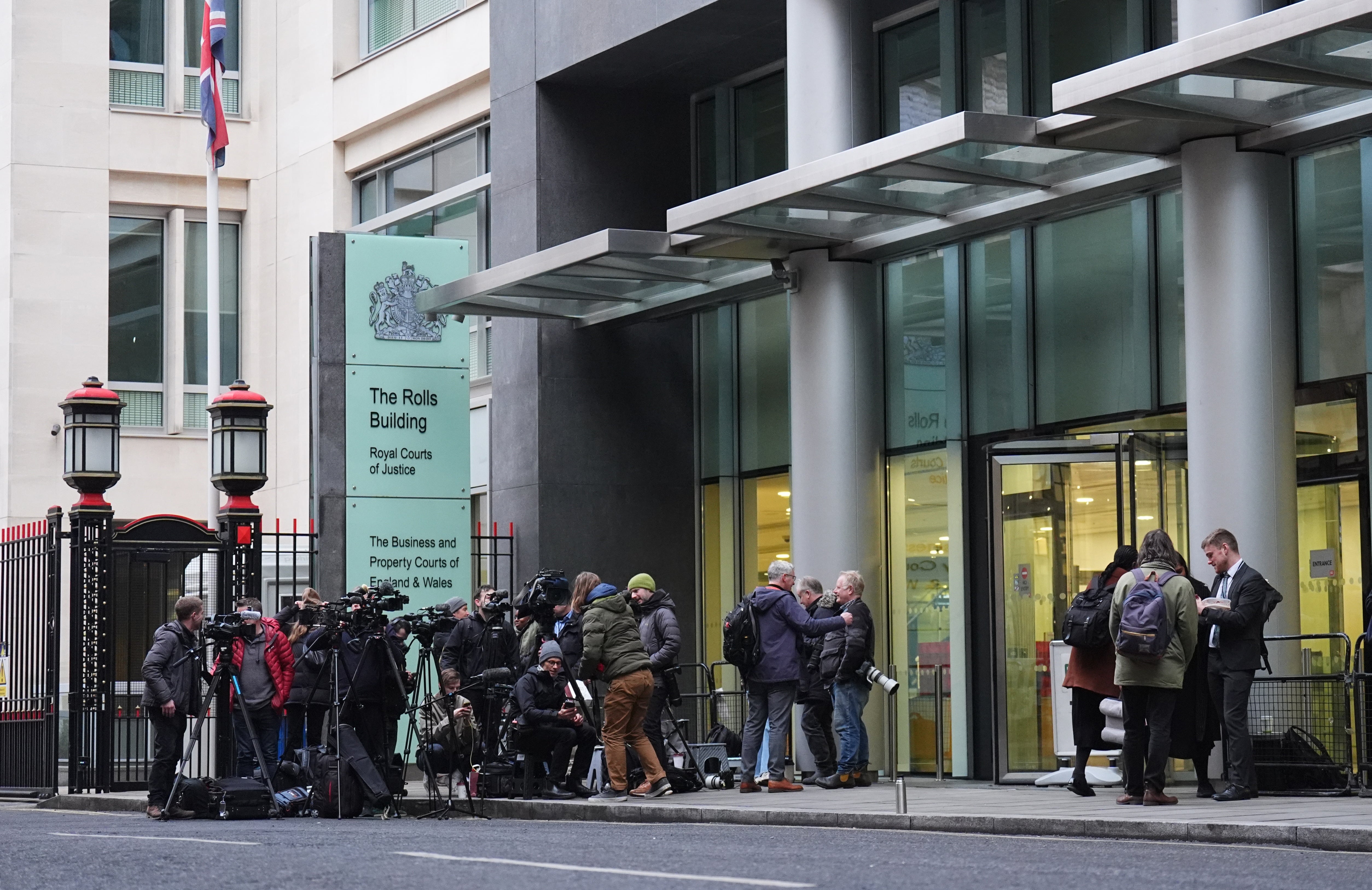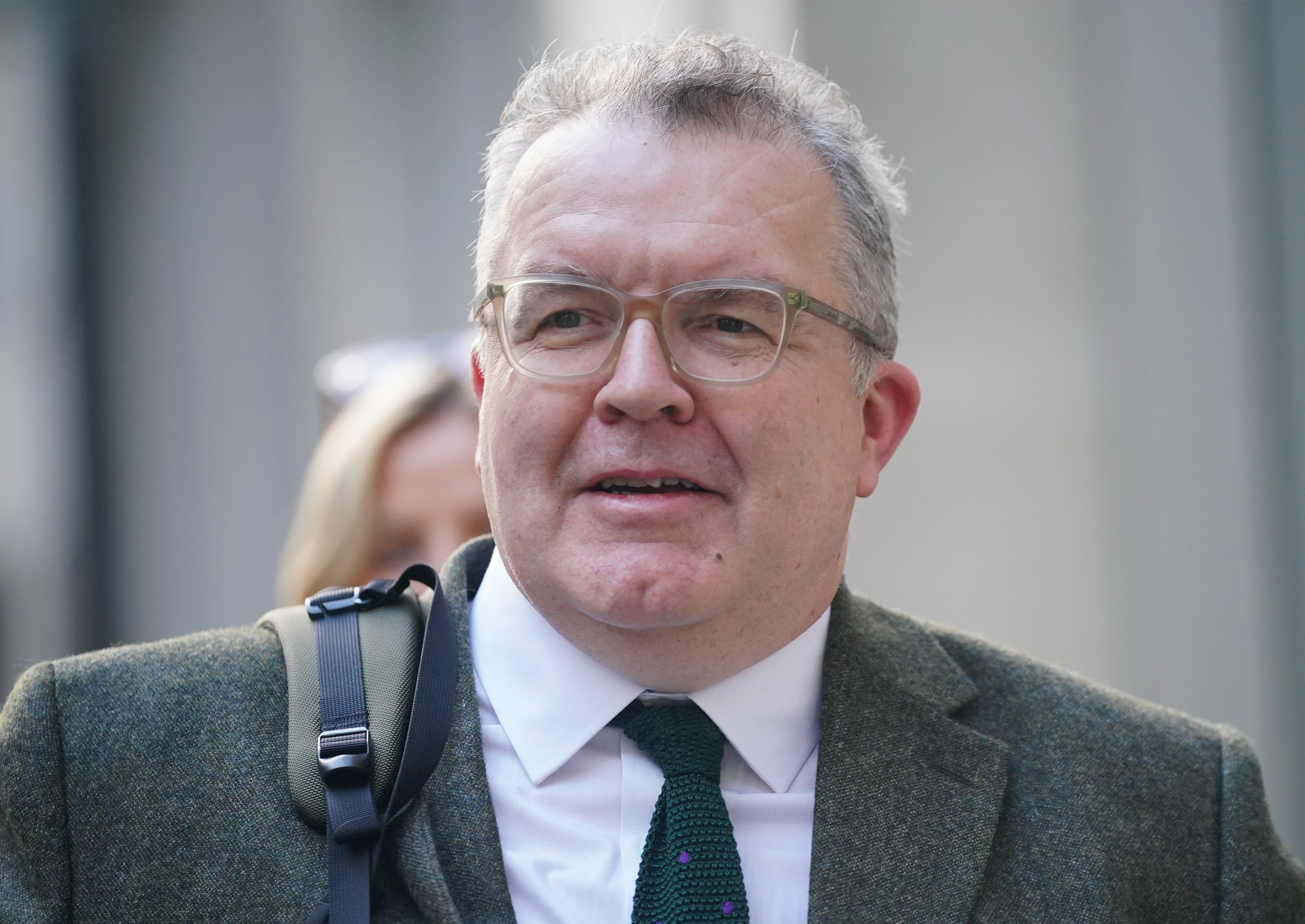The Duke of Sussex has settled his claim against the publisher of The Sun on Wednesday, the day after his trial to prove allegations of unlawful information gathering was set to begin.
Prince Harry, 40, was expected to return to the UK in February to give evidence over several days, supporting his claim that journalists and private investigators working for the newspaper targeted him.
He was pursuing the joint case against Rupert Murdoch’s News Group Newspapers (NGN) alongside former Labour deputy leader Lord Tom Watson.
On Wednesday morning, the duke’s barrister said the parties had “reached an agreement” and that NGN had offered an “unequivocal apology” and would pay “substantial damages” to Harry.
While it has not yet been confirmed, the sum stretches into a reported “eight-figures”, according to ITV royal correspondent Chris Ship.
The trial, which has been adjourned twice since Harry initiated his legal action, was one of several court battles the prince has undertaken since stepping down as a working royal five years ago.
As the Duke of Sussex’s legal battle is settled, here are the key questions:

What did Harry accuse the publishers of?
Harry brought legal action against NGN over allegations of unlawful information gathering. He claimed that journalists and private investigators working for NGN targeted him to obtain material for news stories.
In July 2023, the High Court ruled that Harry’s case could proceed to trial, though he was barred from bringing a claim related to phone hacking. The case will now focus on other allegations, including the use of private investigators.
In March 2023, Harry was also denied permission to amend his claim to include allegations that The Sun hired private investigators to target his then-girlfriend Meghan Markle in 2016. He was further prohibited from pursuing claims against Rupert Murdoch himself, whom he accused of making a “secret deal” with senior royals.
However, Harry was permitted to use emails exchanged between NGN executives and members of the royal household, sent between 2013 and 2019, as part of his evidence.

What was the outcome of the proceedings?
The Duke settled his legal action against News Group Newspapers as it offered a “full and unequivocal apology” for “serious intrusion” by The Sun and for phone hacking by private investigators working for the News of the World.
An up-to-10-week trial was set to begin at the High Court in London on Tuesday, but three requests for adjournments and a Court of Appeal bid meant that the case remained unopened.
On Wednesday morning, Harry’s barrister David Sherborne said that the parties had “reached an agreement” and that NGN had offered an apology to the duke and would pay “substantial damages”.
Lord Tom Watson, former Labour deputy leader, was also taking legal action against the publisher, but also settled his claim.
Lord Watson was also offered a “full and unequivocal apology” by NGN “for the unwarranted intrusion carried out into his private life during his time in Government by the News of the World during the period 2009-2011”.
Who else is involved?
Lord Tom Watson, former deputy leader of the Labour Party, was pursuing legal action alongside Harry but also settled.
While their cases were due proceed to trial, many high-profile individuals previously settled claims against NGN. Between July and December last year, 39 people reached settlements, including actor Hugh Grant, who resolved his claim in April after being warned he risked £10 million in legal costs if his case went to trial.

Other individuals who settled included actress Sienna Miller, former footballer Paul Gascoigne, comedian Catherine Tate, radio presenter Chris Moyles, Spice Girl Melanie Chisholm, ex-Boyzone member Shane Lynch, and actor Mathew Horne.
Speaking at The New York Times DealBook Summit in December, Harry seemed set on going through with the trial and said: “They’ve settled because they’ve had to settle. So therefore, one of the main reasons for seeing this through is accountability, because I’m the last person that can actually achieve that.”

What do NGN say?
NGN, a subsidiary of News UK owned by Rupert Murdoch’s News Corp, denied the allegations but issued an apology to Harry as the settlement was announced.
In a statement, News Group Newspapers said it offered a “full and unequivocal apology to the Duke of Sussex” for “serious intrusion” by The Sun and for phone hacking by private investigators working for the News of the World.
The statement said: “NGN offers a full and unequivocal apology to the Duke of Sussex for the serious intrusion by The Sun between 1996 and 2011 into his private life, including incidents of unlawful activities carried out by private investigators working for The Sun.
“NGN also offers a full and unequivocal apology to the Duke of Sussex for the phone hacking, surveillance and misuse of private information by journalists and private investigators instructed by them at the News of the World.
“NGN further apologises to the Duke for the impact on him of the extensive coverage and serious intrusion into his private life as well as the private life of Diana, Princess of Wales, his late mother, in particular during his younger years.
“We acknowledge and apologise for the distress caused to the Duke, and the damage inflicted on relationships, friendships and family, and have agreed to pay him substantial damages.”
How does it differ from his claim against the publishers of The Mirror?
In 2023, the High Court ruled on Harry’s case against the publishers of The Mirror.
A 386-page judgment found that “extensive” phone hacking had taken place at Mirror Group Newspapers (MGN) titles over several years. This included phone hacking, “blagging” (gaining information by deception), and the use of private investigators for unlawful activities.
The case against MGN was heard over a seven-week trial and included testimony from Harry, alongside other representative claimants.







